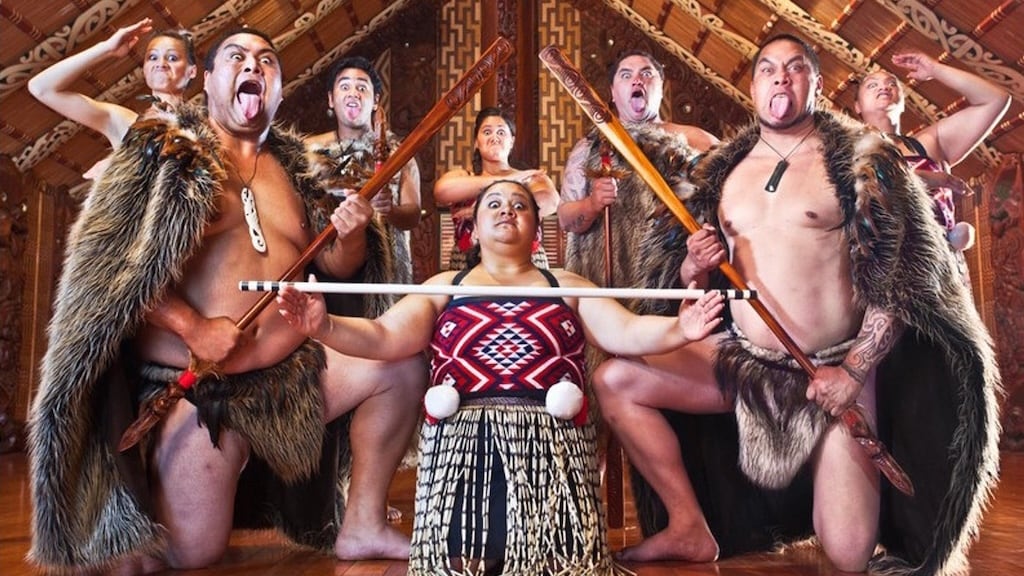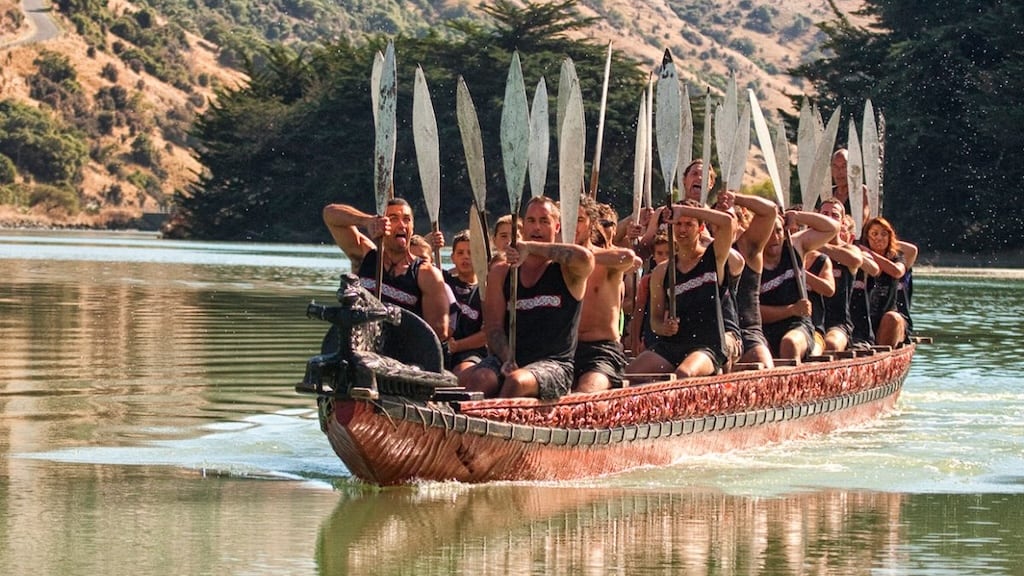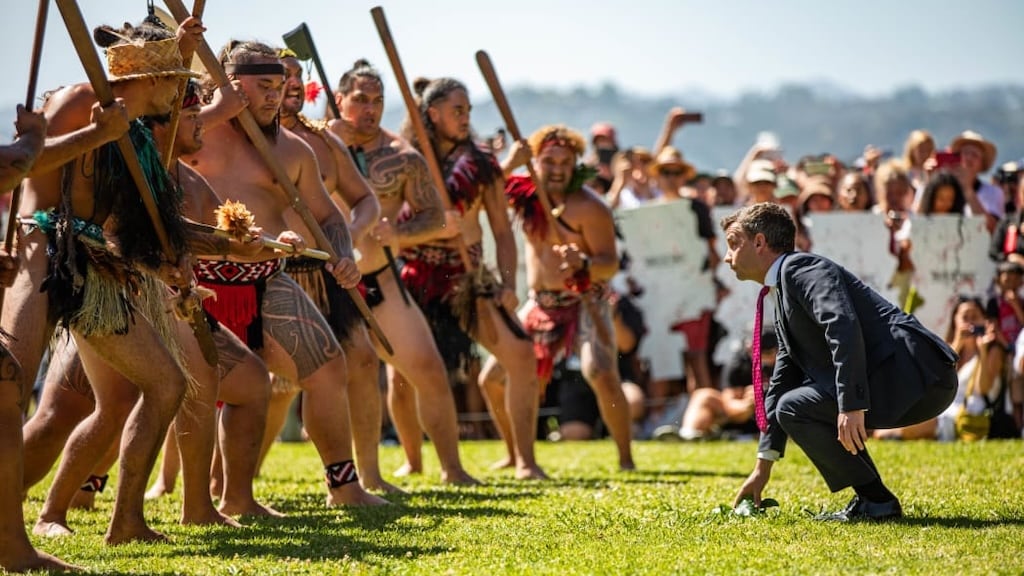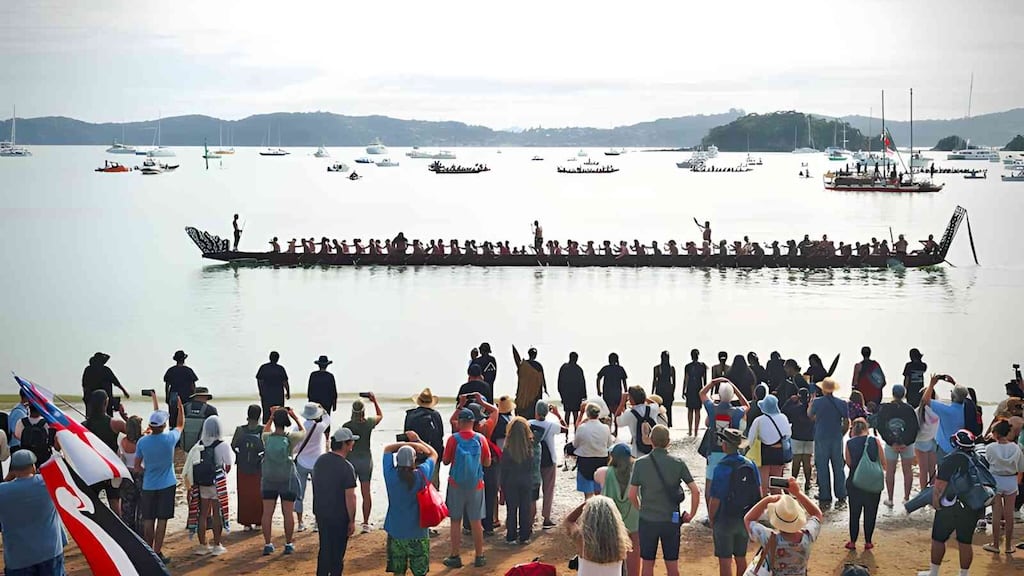New Zealand's National Day
Waitangi Day, celebrated each year on February 6th, is New Zealand's most important national holiday, commemorating the 1840 signing of the Treaty of Waitangi.
As both a solemn remembrance and festive cultural celebration, the holiday reflects the nation's distinctive character—built on the partnership between the indigenous Māori people and the British Crown. It is a time to honor shared history, cultural principles, and the pursuit of unity through diversity.


Historical Background
The Treaty of Waitangi (Te Tiriti o Waitangi) was signed on 6 February 1840 at Waitangi in the Bay of Islands by representatives of the British Crown and more than 40 Māori chiefs. Its intent was to establish British governance while recognizing Māori ownership of their lands and granting Māori the rights of British subjects.
However, discrepancies between the English and Māori versions of the treaty led to differing interpretations, resulting in centuries of political tension, activism, and legal disputes.
- First formally recognized in 1934
- Declared a public holiday in 1974
- Has evolved from a formal state occasion to a nationwide cultural celebration
Today, despite occasional protest and political debate, Waitangi Day is increasingly viewed as an opportunity for dialogue, reconciliation, and cultural pride.
Typical Activities
Waitangi Day is marked by public events throughout the country, with the most symbolic observances taking place at the Waitangi Treaty Grounds in Northland.
- Dawn Karakia (Prayer): A spiritual ceremony to open the day, often attended by national leaders and community elders.
- Waka Pageant: Traditional carved Māori canoes (waka taua) are paddled ashore by Māori warriors in a dramatic, symbolic display.
- Cultural Performances: Includes Kapa haka, live music, traditional storytelling, and more.
- Official Speeches: Government representatives, iwi (tribal) leaders, and activists deliver speeches addressing both past and future.
- Family-Friendly Events: BBQs, games, craft markets, and informal celebrations foster a welcoming community spirit.
Major cities like Auckland, Wellington, and Christchurch host multicultural festivals organized by local councils, showcasing New Zealand's diverse population.
Traditional Customs
Waitangi Day places Māori tradition at its heart, offering an immersive cultural experience:
- Pōwhiri: Traditional welcoming ceremony
- Whaikōrero, Waiata & Haka: Speeches, songs, and the powerful haka dance
- Traditional Dress: Māori may wear korowai (cloaks) and moko (tattoos); Pākehā (non-Māori New Zealanders) and officials may wear ceremonial attire
Food and Music
- Kai (Food): The traditional hangi, where food is slow-cooked in an earth oven, is often served alongside contemporary Kiwi dishes.
- Live Music: Blends of Māori, Polynesian, and modern New Zealand music underscore the day's spirit of unity and expression.
What to Expect
Planning to experience Waitangi Day in person? Here are key tips:
- Best Location: Waitangi Treaty Grounds in the Bay of Islands is the epicenter of commemorations.
- Timing: Arrive early to catch the dawn service, and stay through the day to fully engage.
- Accommodation: Book well in advance—places in Paihia and Kerikeri fill up quickly.
- Accessibility: Events are open and free to the public, with shuttle buses and signage available.
- What to Bring: Sunscreen, walking shoes, a picnic blanket, and a respectful attitude. Photography is allowed but be mindful during ceremonies.
If you're elsewhere in New Zealand, communities from Dunedin to Rotorua hold their own events and exhibitions, reflecting diverse local perspectives on the Treaty and national identity.


Conclusion
Waitangi Day is more than a historical commemoration—it is a living celebration of New Zealand's evolving journey toward justice, inclusion, and mutual respect.
Whether standing in silence at a dawn karakia or enjoying a hangi at a local park, Waitangi Day offers a powerful and heartfelt window into the soul of Aotearoa New Zealand.